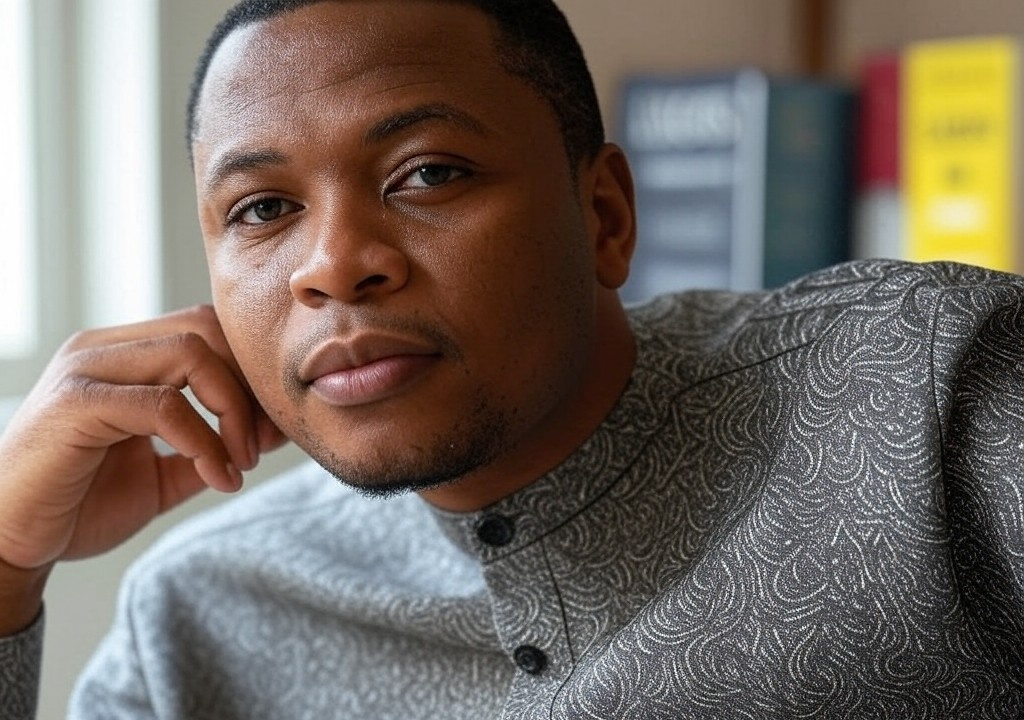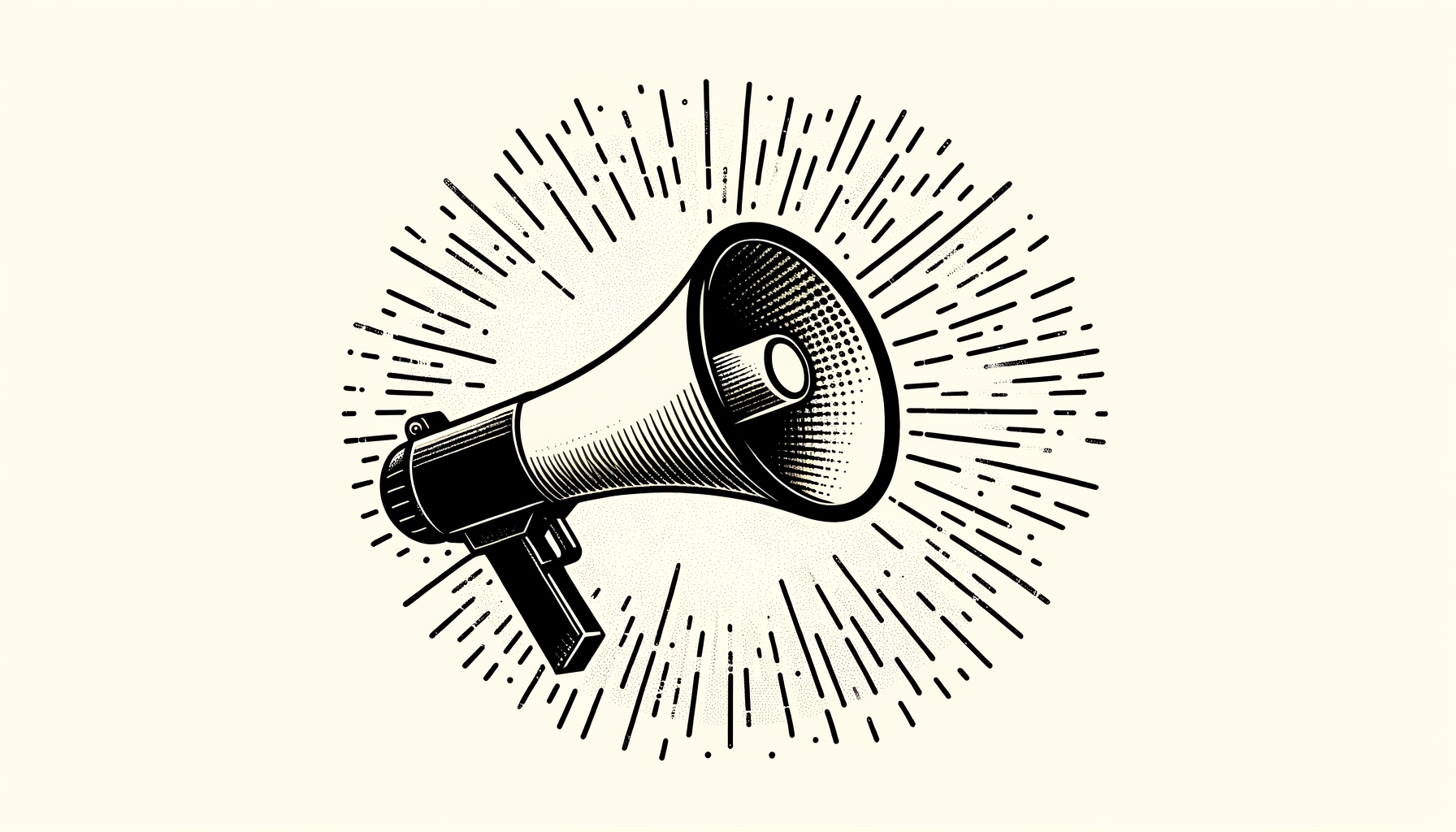The day my sister caught me sitting in front of the living room mirror giving myself a pep talk, complete with theatrical hand gestures and an Oscar-worthy monologue, I knew my secret battle was no longer a secret. She stood there, arms crossed, one eyebrow arched high enough to touch heaven. “Malik,” she said, deadpan, “you’re 33. Not 13 auditioning for a Disney Channel special.”
The truth was painfully simple yet utterly embarrassing: I was chronically bad at asking for what I needed in relationships. Compliments? I could dish them out all day. Compromises? I prided myself on meeting people halfway. But voicing what I wanted? Pure kryptonite. You’d have had better luck convincing me to join a reality survival show.
Step One: Identifying the Saboteur
I wish I could say this reluctance to ask stemmed from an elaborate psychological mystery, but that would be a stretch. I grew up in a family of hard workers, people who silently put their heads down, ground their feet to the earth, and made things work. My dad ran a corner store that he rarely left until the neon “CLOSED” sign buzzed late into the night. My mom hustled long hours at the hospital, her sense of “need” buried beneath layers of duty and sacrifice.
So, naturally, I learned early that asking was… awkward. It felt selfish. The mantra “Don’t burden others” practically hummed in my DNA, like the background melody to a Fela Kuti song. This mindset worked in many areas of life. Work hard. Show effort. People will notice and hand you what you need—right? Wrong. When it came to romantic relationships, this silent suffering turned me into a martyr for no one. Even worse, it left unmet expectations festering like expired jollof rice. Spoiler alert: rancid rice stinks up the whole room.
Step Two: The Quiet Explosion
It was a chat with my then-girlfriend that pushed the battle from quiet internal grumbling into full-blown rupture. No drama here—just two people eating Thai food and her innocently asking: “What do you need from me?”
I froze. I wouldn’t call it the kind of freeze you get standing outside during a Hudson River windstorm. No, this was worse. I blanked so hard I wondered if the words “I need” had ever existed in my vocabulary.
“I don’t know,” I mumbled.
Her face contorted into something polite yet vaguely annoyed. “You don’t know?” she asked, tilting her head.
I DID know, of course! I could write volumes on what I knew. I wanted more consistent communication. I wanted reassurance because, despite wearing confidence like a perfect-fit blazer, I wrestled with self-doubt. I wanted dates that didn’t require me always playing the planner. I wanted—well, you see where this is going. But the words bats in my throat and refused to fly free.
That relationship didn’t last. Not because of her lack of effort—it’s hard to dance when your partner won’t sway. I avoided voicing my needs so consistently that it slowly corroded the connection we were building. Trust me, folks; no one wants to play psychic forever.
Step Three: Awkwardly Learning to Speak
When you grow up watching Nollywood romances where every conflict resolves in dramatic declarations of love, it’s easy to think emotional honesty is like turning on dramatic lighting and spilling your heart out in one perfect speech. Instead, it felt like a toddler attempting algebra.
It started small. I wrote. (I’m a writer; sue me.) Journaling helped me untangle my feelings and figure out what I actually wanted to say. Something about writing in private made it easier. Less judgment, less expectation of immediate perfection. I filled notebooks with random affirmations: “You deserve reciprocity.” “It’s okay to say you’re tired.” “No, seriously, speak up.”
The battle turned public when I began testing this verbal honesty at family dinners (“Hey Dad, can I have the last goat meat? No, really—please?”). Encouraged by the shocking success rate—I ate that goat meat guilt-free—I tried it in friendships. Slowly but surely, I worked it into dating.
Believe me when I say the first time I voiced a relationship boundary out loud, it did NOT go smoothly. My voice broke like I was in eighth grade again. My phrasing was so clunky I might as well have been ordering at a drive-thru window. But the person sitting across from me smiled. They nodded. The world didn’t implode.
Step Four: Humor is Medicine
A big breakthrough came when I started reframing my struggles with humor. On movie dates, I’d jokingly say, “Okay, by law, I need snacks for this marathon. Can we pick some up first, or else I’ll devolve into a mess halfway through?”
That little bit of lightheartedness removed the sting of asking. It worked—it worked, y’all! I went home that night, marveling at how a simple quip about snacks melted years of tension I’d carried in my shoulders.
When I stopped making “neediness” out to be an unattractive villain and saw it as a human thing worth leaning into, my world softened. Humor didn’t make me less serious about what I wanted—it just helped me land those conversations.
The Secret Sauce for Speaking Up
Now, I know some of you are reading this thinking, "But Malik, what if my needs scare people away?" I hear you. Asking for what you need is vulnerable, and vulnerability is hard. But hard doesn’t mean bad. Here’s what helped me climb that mountain (and keeps me climbing):
-
Start small. If the thought of asking feels overwhelming, pick low-stakes scenarios to test your voice. Experiment with dinner decisions or choosing which show to binge-watch.
-
Front-load practice. Articulate what you want in front of the mirror (or to a trusted friend) until it starts to feel less like confessing a crime.
-
Embrace imperfection. You will stumble. You’ll phrase things awkwardly, misstep, and maybe even wish for a time machine at first. Guess what? That’s okay. Progress beats perfection.
-
Humor = Armor. If you’re feeling awkward, add a little levity. It can make the whole moment less charged and more collaborative.
-
Remember your worth. Asking for what you need doesn’t make you clingy, dramatic, or selfish. It makes you human. And the right people—partners, friends, family—will respect and honor that.
Light at the End
The truth about battles like these is simple: you don’t need to fight alone. For me, that meant leaning into my family, talking out childhood hang-ups with a therapist, and letting love be a team sport. The real victory wasn’t winning every moment but showing up for myself again and again.
These days, I ask freely—sometimes casually, sometimes firmly. Whether we’re talking snacks during cinema runs or deeper conversations about emotional growth, I finally let people in on the conversation. Sure, it’s still a little awkward sometimes, but the peace is well worth the effort.
So, here’s my best advice: Don’t wait till you’re writing invisible speeches in the mirror to yourself. Speak up. Let your asks out into the world. Trust me, heroes aren’t silent—they’re just trying to be heard.




















